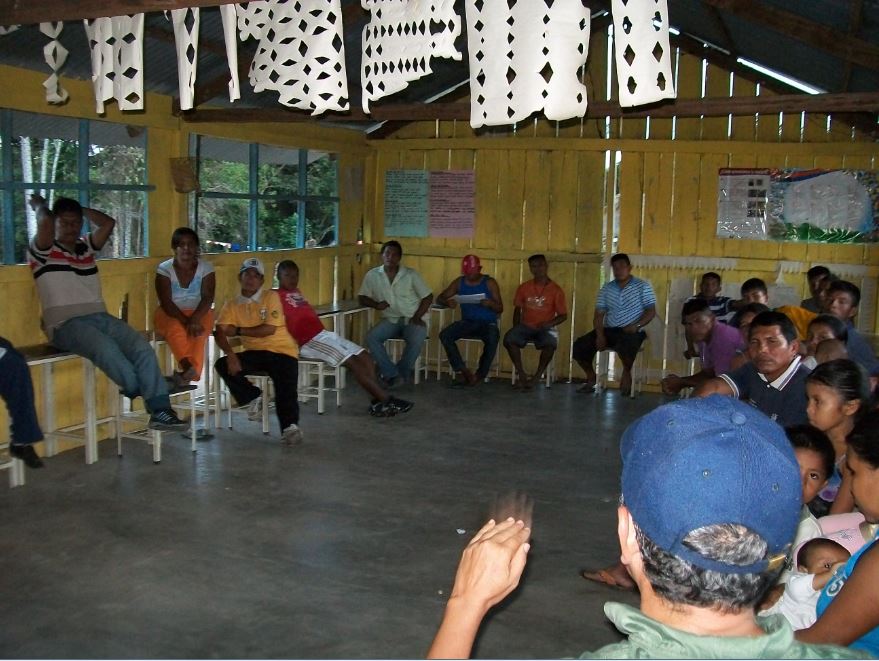

Con la firma del Acuerdo de Conservación de 2012, la etapa de gobernanza del proyecto fue iniciada por la comunidad Aripao, inicialmente organizada en torno al Comité de Conservación, y formalizada en una entidad jurídica independiente denominada Asociación Civil Afrodescendiente Arpao (ACA Aripao).
La Asociación Civil Afrodescendiente Aripao y Phynatura iniciaron un estudio de viabilidad de Acuerdos de Conservación con las comunidades indígenas de La Colonial, El Cejal, Payaraima y Karana, limítrofes con el Área de Conservación de Suapure.
Las comunidades indígenas mostraron interés en participar considerando que se podrían mejorar sus ingresos y su territorio. Con la consolidación del comercio justo de productos no maderables, la construcción y operación del centro de acopio y la creación de la Asociación Civil Afrodescendientes Aripao como expresión de comunidad organizada, el proyecto comienza a ser aceptado por la comunidad indígena como una alternativa de subsistencia, consolidando el desarrollo sostenible y la importancia de la conservación de los recursos naturales.
La construcción de una gobernanza alternativa en las comunidades, a través del empoderamiento, el desarrollo de capacidades y el autorreconocimiento territorial, ha sido clave para la sostenibilidad de los acuerdos de conservación, permitiendo superar las debilidades institucionales de los actores gubernamentales involucrados con la gestión y la educación ambiental.